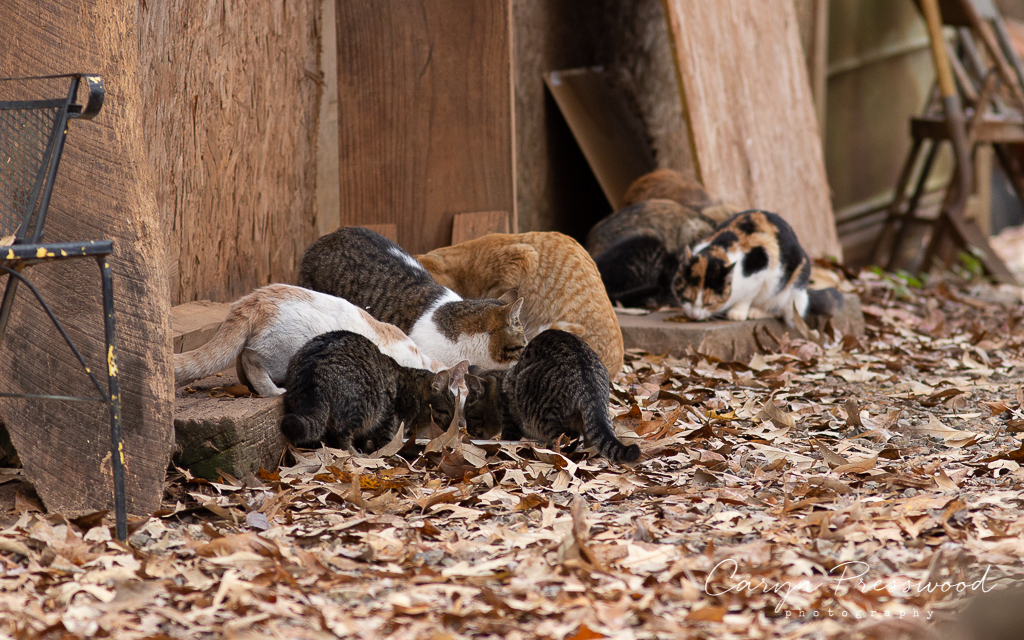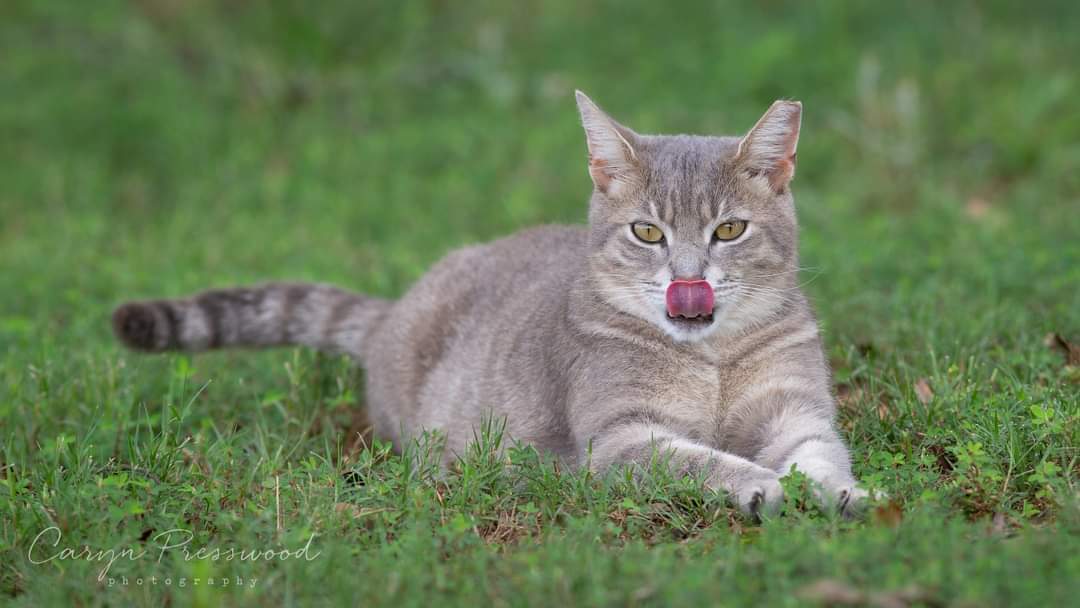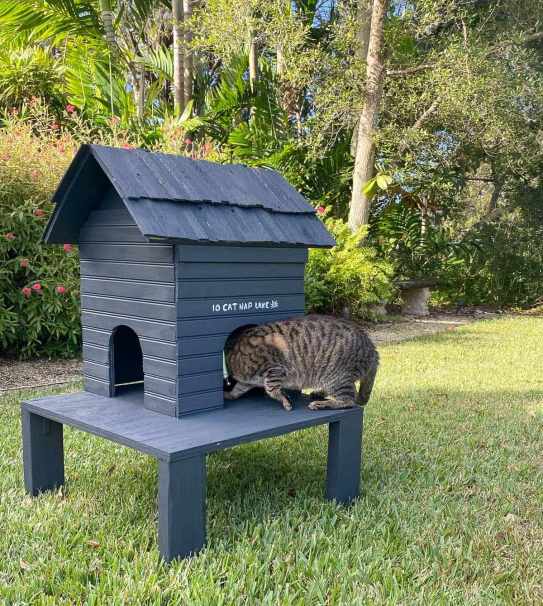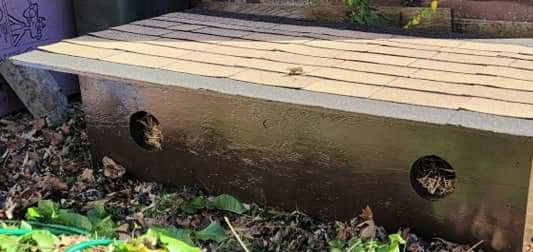
Caring for a colony of community cats is a long-term, year-round responsibility. If you’re not able to commit to consistent care, do not begin feeding. Once you provide food, you take on the role of a colony caretaker—and the cats will rely on you.
1. IF YOU FEED THEM, YOU MUST FIX THEM
Feeding community cats is an act of compassion—but it also comes with responsibility. Once you start feeding, you become part of their lives, and they begin to rely on you for survival. That’s why it's essential to take the next step: Trap-Neuter-Return (TNR).
TNR is the only humane and effective method for managing stray and feral cat populations. It involves safely trapping cats, having them spayed or neutered, vaccinated, and then returning them to their original location.

2. SET UP A DESIGNATED FEEDING STATION
Feed the colony at the same time each day to help the cats feel secure and allow you to monitor their health regularly. Avoid placing food directly on concrete or hard surfaces—gravel and debris can mix with the food and lead to broken teeth. Never feed directly from cans, as sharp edges can cause painful mouth injuries. Always use sturdy, tip-resistant bowls that won’t blow away or create litter.


3. PROVIDE SAFE, WEATHERPROOF SHELTERS
If the property isn’t yours, be sure to get the landowner’s permission before placing any shelters.
Shelters help protect cats from extreme temperatures and weather conditions, while also encouraging them to stay in a specific area—reducing roaming and minimizing behaviors some may view as a nuisance.

4. HAVE A BACKUP CAREGIVER PLAN
If you travel or relocate, it’s essential to arrange for someone—such as a neighbor or trusted friend—to take over care of the colony. The cats rely on daily feeding and monitoring, and it’s in their best interest to stay in their familiar territory.
Be proactive: identify and prepare a backup caregiver in advance to ensure the cats continue to receive consistent care.
5. Be PREPARED FOR INJURIES AND ILLNESS
Taking on the role of a colony caregiver is a meaningful responsibility—the cats rely on you for more than just food and shelter. Outdoor cats are vulnerable to illness and injury, so it's important to be ready to act when needed. Research and keep a list of low-cost veterinary clinics in your area that treat community cats—many exist in Greater Atlanta and other regions. Look into available grants, financial assistance programs, and local rescue groups that may offer support. Having resources on hand ahead of time can make all the difference in an emergency.
